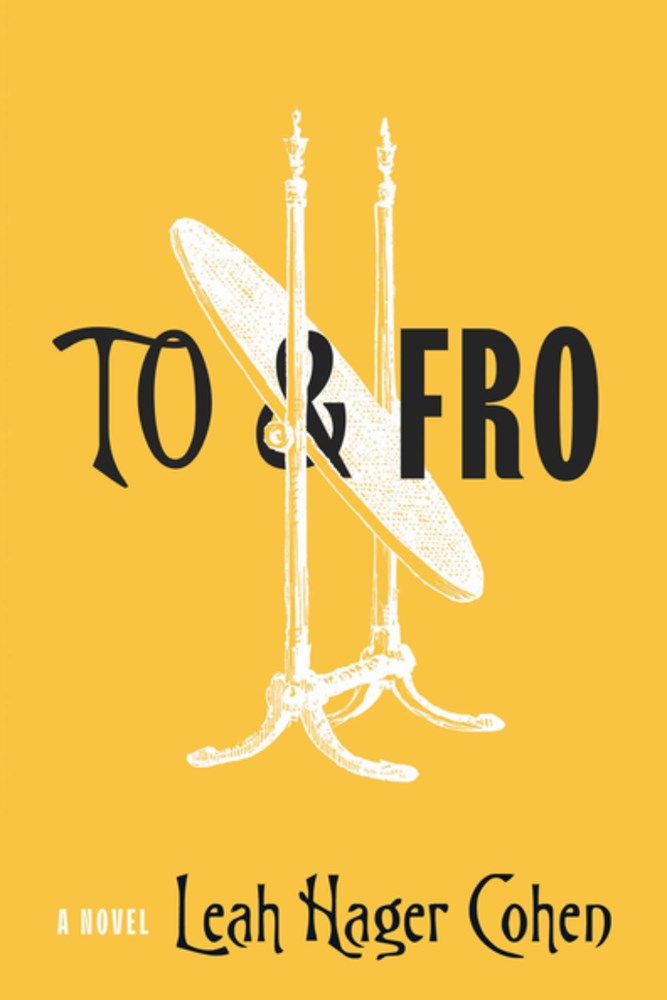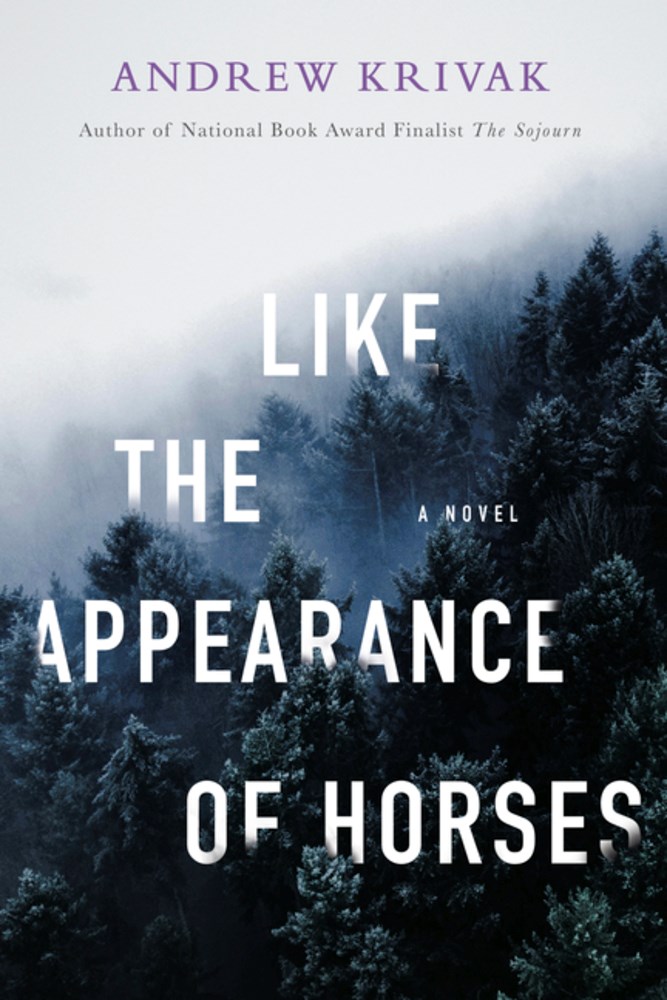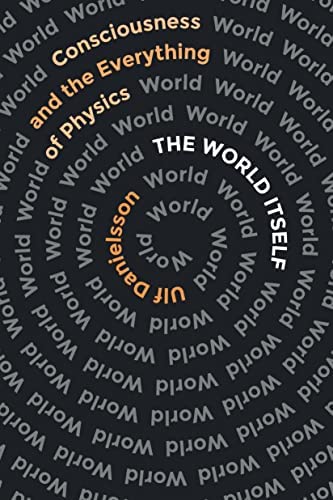Bellevue Literary
13 Articles
Last 30 days
Last 6 months
Last 12 months
Last 24 months
Specific Dates
From:
To:
Life After Kafka
 An affecting book and always slightly to the side, as indeed were all of Kafka’s writings.
An affecting book and always slightly to the side, as indeed were all of Kafka’s writings.
To & Fro
 Like Carol Shields’s Happenstance” and Ali Smith’s How To Be Both, each story mirrors and illuminates the other. Whether readers go “to” or “fro,” the journey is worthwhile, and the novel will enchant.
Like Carol Shields’s Happenstance” and Ali Smith’s How To Be Both, each story mirrors and illuminates the other. Whether readers go “to” or “fro,” the journey is worthwhile, and the novel will enchant.
Like the Appearance of Horses
 This intensely readable whopper of a book provides a nuanced perspective on the human struggle to survive war through the lens of Hungary and the Roma people. The mystical connection to family and nature across space and time in the form of a bear provides a special twist. Highly recommended.
This intensely readable whopper of a book provides a nuanced perspective on the human struggle to survive war through the lens of Hungary and the Roma people. The mystical connection to family and nature across space and time in the form of a bear provides a special twist. Highly recommended.
The World Itself: Consciousness and the Everything of Physics
 An excellent addition to any science collection, Danielsson’s book serves as an exceptional ingress into the universe of theoretical physics and how it relates to a diverse cross section of human interests.
An excellent addition to any science collection, Danielsson’s book serves as an exceptional ingress into the universe of theoretical physics and how it relates to a diverse cross section of human interests.
PREMIUM
Canción
As they did for earlier Halfon books, translators Dillman and Hahn effectively render his fourth work to appear in English. Although the narrative likewise relies heavily on autobiography and treats similar themes, like Jewish identity, the end result creates less of an impact on readers than do Halfon’s 2008 The Polish Boxer or his 2018 Mourning.
PREMIUM
Let No One Sleep
Readers are forced to suspend disbelief, as they, like the protagonist, are drawn into Lucía’s alternate world and are at times unsure which one is veridical. Millás’s character portrayals, especially of Lucía, are masterly, but the disjointed episodic narration and extraneous elements leave a loose end or two. A disquieting fantasy of the Kafkian variety that’s both unsettling and absurd.
PREMIUM
Benefit
A smart, thoughtful read, occasionally needing patience; the socially engaged and younger readers facing the issues Phillips examines will especially enjoy.
PREMIUM
Voices in the Dead House
Lock captures the strong personalities of Whitman and Alcott without glossing over their flaws in this fascinating snapshot of history.
PREMIUM
Uncommon Measure: A Journey Through Music, Performance, and the Science of Time
In all, this title makes a valuable contribution to the ever-expanding universe of works addressing science and music, two seemingly disparate fields that have surprisingly much in common.
ALREADY A SUBSCRIBER? LOG IN
We are currently offering this content for free. Sign up now to activate your personal profile, where you can save articles for future viewing










